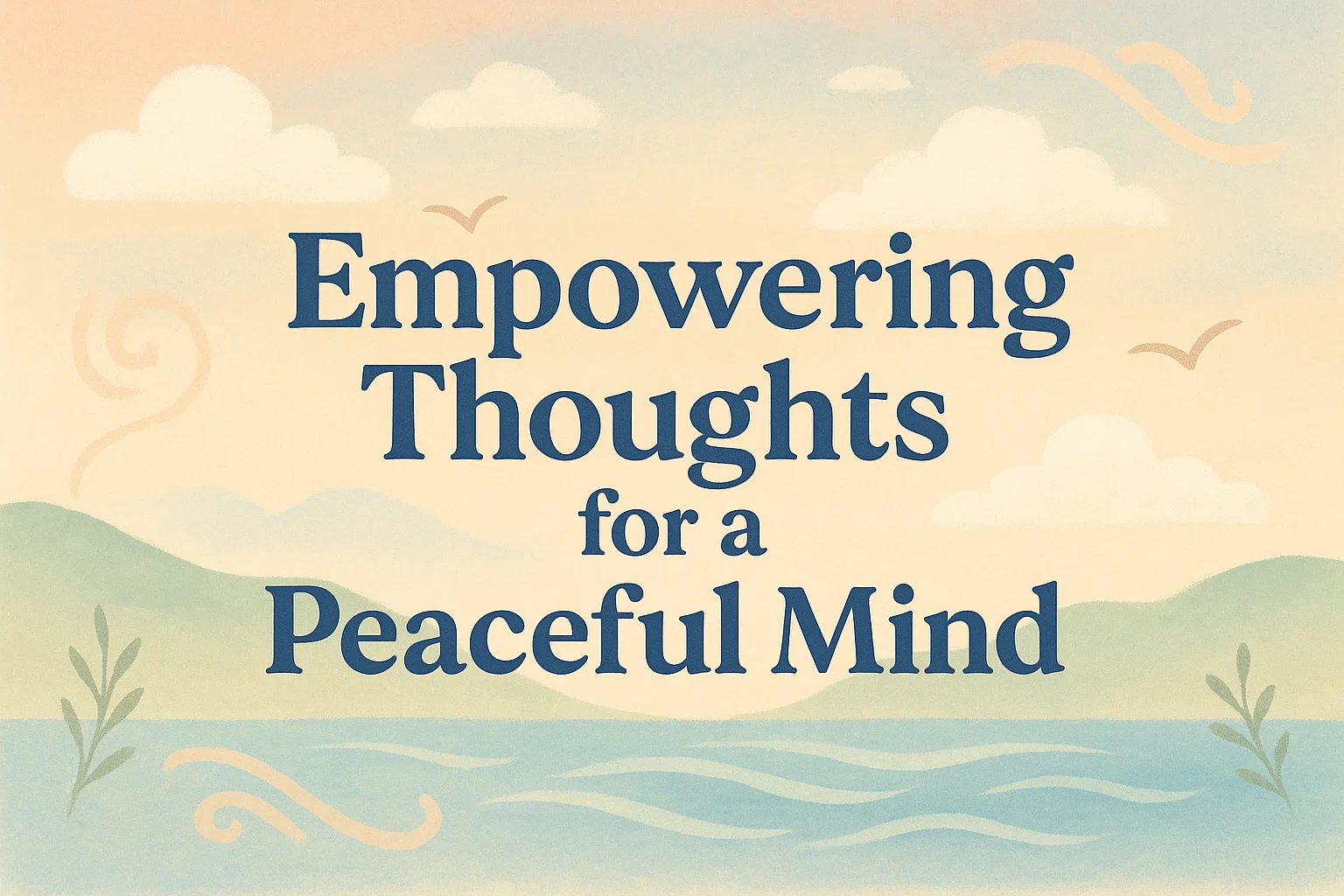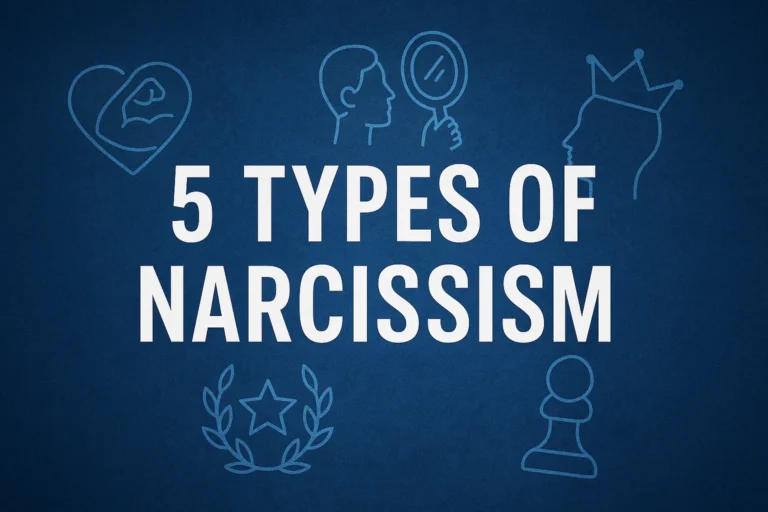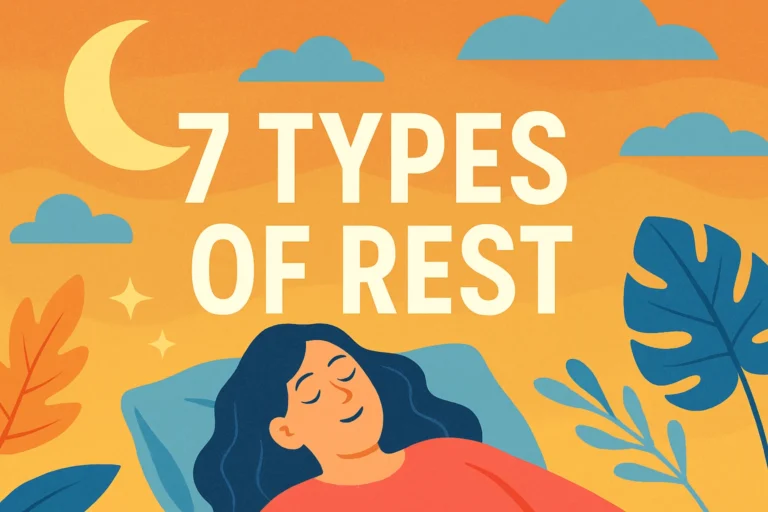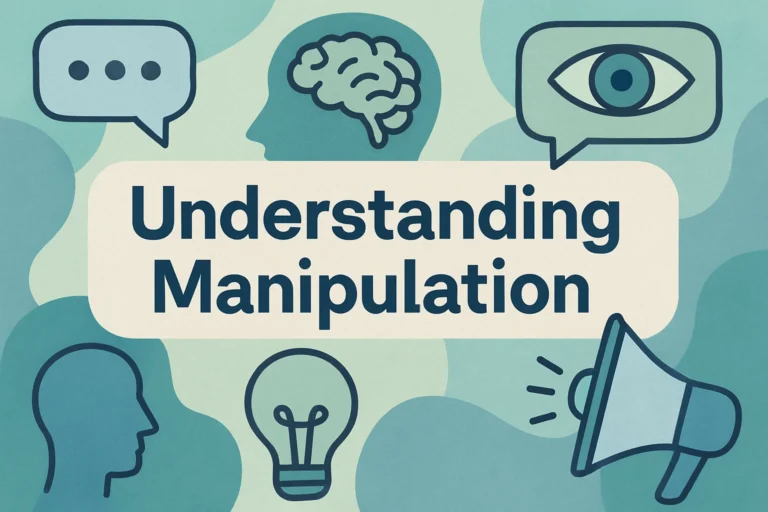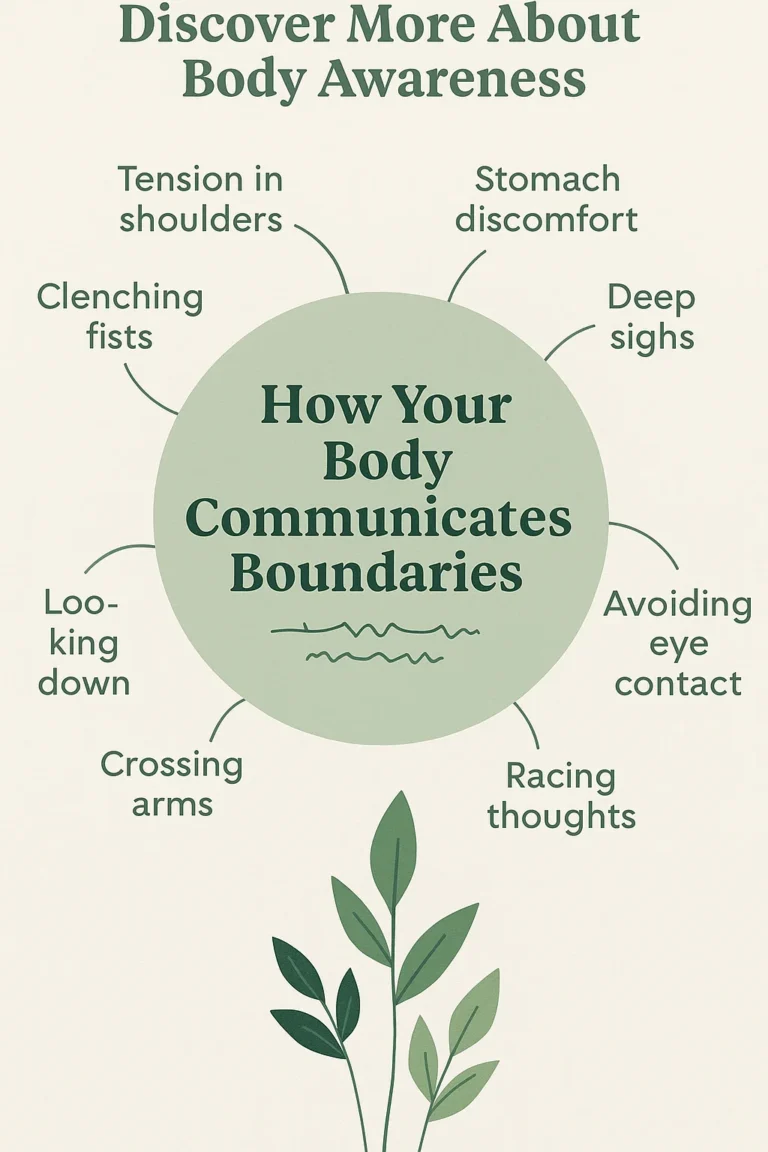Empowering Thoughts Master Psychology Skills for Overthinking Mind Peace
Empowering Thoughts: Master Psychology Skills for Overthinking & Mind Peace
Ever find yourself lying in bed at 2 AM, mentally re-writing that awkward email you sent in 2014? Or perhaps you’ve just had a perfectly lovely conversation, only to spend the next hour analyzing every word, searching for hidden meanings that probably weren’t there? Yeah, me too. Welcome to the overthinking club—it’s the worst exclusive membership on the planet, and the entry fee is your peace of mind.
We’ve all been there. Your brain, which is supposed to be your greatest asset, suddenly feels like a browser with 100 tabs open, all of them playing a different annoying jingle. The good news? This isn’t a life sentence. I’ve spent years geeking out over psychology and mindfulness, trying to find a way to quiet the mental noise. And I’m here to tell you that you can absolutely train your brain for more peace and less… well, internal chaos. Let’s talk about how.
Your Brain on Overthink: What’s Actually Going On?
First things first, let’s get one thing straight: overthinking isn’t a character flaw. It’s not because you’re “too sensitive” or “just a worrier.” It’s a hardwired psychological habit, and honestly, your brain thinks it’s helping.
Think of your mind’s default mode network (DMN) as its background radio station. For overthinkers, this station is tuned to 24/7 “What-If FM,” broadcasting a constant stream of past regrets and future anxieties. Your brain, in its misguided attempt to protect you, is trying to solve problems and avoid danger. The irony is that the constant analysis becomes the danger, trapping you in a cycle of stress and inaction.
So, how do you change the station?
The Ultimate Toolkit: Psychology Skills for a Quieter Mind
Mastering your mind isn’t about stopping your thoughts—that’s impossible. It’s about changing your relationship with them. It’s about going from being trapped in the storm to being the calm observer watching the clouds pass by. Here’s your starter kit.
Recognize the Pattern Interrupt
The very first skill is catching yourself in the act. You can’t stop a thought train you don’t know you’ve boarded.
Start paying attention to your physical cues. Does your chest get tight? Do your shoulders creep up to your ears? That’s your signal. The moment you notice that feeling, you’ve already done the hardest part. You’ve pressed pause. Now, you can ask yourself one powerful question: “Is this thought helpful, or is it just noise?” Nine times out of ten, it’s just noise.
Befriend the Present Moment (Hello, Mindfulness!)
I know, I know. “Mindfulness” can sound like a fluffy buzzword. But strip away the hype, and it’s simply the practice of anchoring your attention in the present. And no, it doesn’t require you to sit on a cushion chanting “om” for an hour (unless you want to, of course).
It’s about using your senses to ground yourself. Right now, what can you feel? The weight of your body in the chair? The texture of your phone or mouse? What can you hear? The hum of a fridge? Birds outside?
This simple act of sensory focus is a hard reboot for an overthinking brain. It pulls you out of the abstract world of worries and into the real, tangible world happening right now. It’s the psychological equivalent of turning it off and on again. And it works.
Challenge Your Cognitive Distortions
This is where we get into the real nitty-gritty of cognitive behavioral therapy (CBT), and it’s a game-changer. Cognitive distortions are the dramatic, unhelpful ways our brains twist reality. Sound familiar?
- Catastrophizing: You make a tiny mistake at work and immediately jump to, “I’m going to get fired, lose my house, and end up living in a cardboard box.” (A bit dramatic, don’t you think?)
- Mind Reading: You’re convinced you know what others are thinking, and it’s usually negative. “They didn’t text back; they must be mad at me.”
- All-or-Nothing Thinking: If something isn’t perfect, it’s a total failure. There’s no middle ground.
The skill here is to become a detective of your own thoughts. Catch the distorted thought and challenge it with evidence. So your friend didn’t text back. What’s the actual evidence they’re mad? Could the evidence also point to them being busy, tired, or just forgetful? IMO, we’re usually the villains in our own stories for no good reason.
Schedule Your Worry Time
This one sounds so bizarre it just might work. Because it does. Give your overthinking a designated appointment.
Set a 10-minute timer each day—let’s say 5:00 PM—and that is your official “Worry Time.” If an anxious thought pops into your head at 10 AM, acknowledge it and then gently tell yourself, “Not now. I’ll deal with you at 5:00.” Then, actually do it. Sit down at 5:00 and think about all those worries intentionally.
Here’s the magic: when you try to worry on command, you often find that the thoughts have lost their power. You contain the worry; it doesn’t contain you. This technique builds incredible mental muscle.
Building Your Daily Peace Practice
Knowledge is useless without action. These skills need to be practiced to become your new default setting. Don’t worry; none of this requires a huge time commitment.
Start Small: Try for one minute of mindfulness a day. Just 60 seconds of focusing on your breath. No one is too busy for that.
Journal It Out: Spend five minutes each morning dumping all those swirling thoughts onto paper. It gets them out of your head and makes them easier to manage.
Reframe Your Self-Talk: Pay attention to how you talk to yourself. Would you ever talk to a friend that way? Practice swapping “I can’t handle this” with “This is challenging, but I can work through it.” Language shapes reality.
The Journey to Becoming Your Own Best Friend
At its core, mastering these psychology skills is about one thing: shifting from self-criticism to self-compassion. Your overactive mind isn’t your enemy; it’s a part of you that’s trying its best but has gotten a little lost.
The next time you find yourself spiraling, try placing a hand on your heart and taking a slow, deep breath. This simple act of physical kindness can interrupt the stress cycle faster than you’d think. You’re acknowledging the struggle without buying into the drama.
Remember, this isn’t about achieving a state of permanent, blissful zen. That’s not a thing for any human 🙂 It’s about building resilience. It’s about having the tools to navigate the stormy days so you can enjoy the calm ones more fully.
So, what’s the first thought you’re going to empower today?

